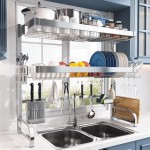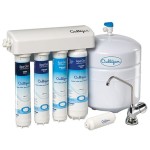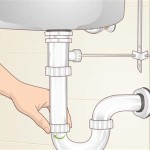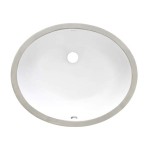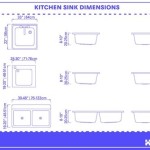Why Does My Sink Drain Smell Like Rotten Eggs?
A foul, rotten egg odor emanating from your kitchen sink drain is a common problem, often causing both annoyance and concern. This pungent smell is a clear indication of a sewer gas issue, and while it might seem alarming, understanding the cause can help you effectively address the problem. This article explores the common reasons why sink drains release this unpleasant odor, equipping you with the necessary information to identify and rectify the situation.
1. Sewer Gas Backflow
The most likely culprit behind the rotten egg smell is sewer gas, which is a mixture of gases produced by the decomposition of organic matter in sewage systems. This gas includes hydrogen sulfide (H2S), the primary contributor to the characteristic rotten egg smell. It usually finds its way into your home through leaky or cracked sewer pipes, vent pipes, or even loose drain traps.
A properly functioning drain trap, a curved section of pipe found beneath sinks, is crucial to prevent sewer gas from entering your home. Water in the trap acts as a barrier, blocking the gas from escaping. If the trap dries out, the barrier is broken, allowing sewer gas to travel upwards and into your kitchen.
2. Bacterial Growth in Drain Pipes
Accumulated food particles, hair, grease, and other debris within your drain pipes can create a perfect breeding ground for bacteria. These bacteria thrive in the moist, dark environment and decompose organic matter, producing hydrogen sulfide gas. This gas, along with other byproducts of bacterial decomposition, can lead to the unpleasant rotten egg odor.
The bacterial growth is often more pronounced in older plumbing systems with corroded or damaged pipes. These imperfections create crevices and gaps that allow bacteria to thrive, further intensifying the problem.
3. Dry Drain Traps
As mentioned earlier, drain traps play a vital role in preventing sewer gas from entering your house. A properly functioning drain trap contains water, which acts as a barrier preventing the gas from flowing upwards. However, if the drain trap dries out, the barrier is removed, allowing the noxious gases to escape and enter your kitchen.
This drying out can occur due to infrequent use of the sink, leading to the evaporation of the water in the trap. It can also be caused by leaks in the plumbing system, leading to a gradual depletion of the water in the trap.
4. Other Potential Causes
While sewer gas backflow and bacterial growth are the primary culprits, some other factors can contribute to the rotten egg smell. For instance, leaking or malfunctioning septic systems can release hydrogen sulfide gas into the surrounding environment, potentially affecting nearby houses.
Additionally, certain household cleaning products containing sulfur-based chemicals can also contribute to the foul odor, particularly when used in conjunction with other factors like a dried-out drain trap.

Why A Drain Smells Like Rotten Eggs Or Sulfur Mr Rooter Plumbing

What To Do When Your Drains Smell Like Rotten Eggs Black Haak

Why Does My Bathroom Drain Smell Like Rotten Eggs

Do Your Drains Smell Like Rotten Eggs Huft Home Services

Why Does My Drain Smell Like Rotten Eggs All Trades Las Vegas

Drain Smells Like Eggs Serious Plumbing Issue Learn More

Why Is There A Sulfur Smell Coming From Your Drain

Rotten Egg Smell In Your House 7 Causes Solutions

Septic Stench What That Rotten Egg Smell Means And To Do About It Flohawks Plumbing

Why Does Bathroom Sink Smell Like Rotten Eggs
